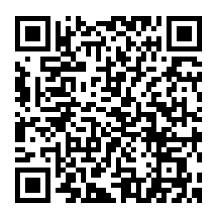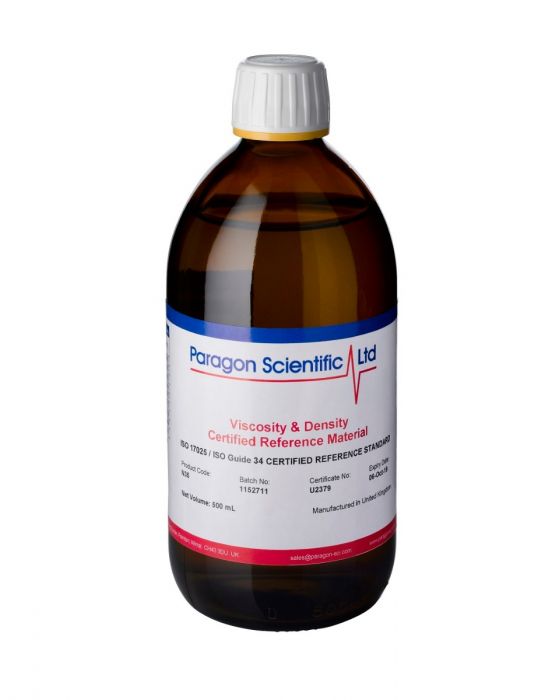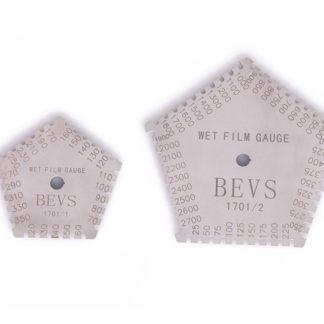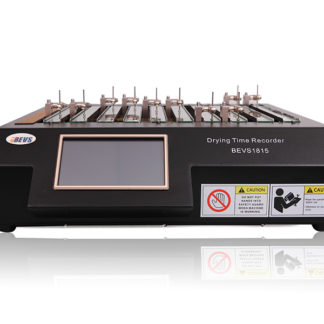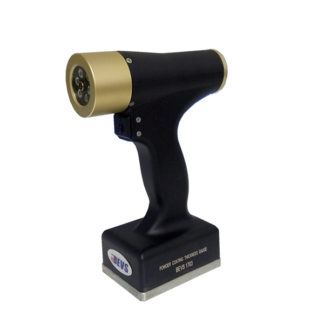Description
Paragon ISO 17025 / ISO 17034 certified viscosity standards are specifically designed, tested and certified for the calibration, verification and certification of glass capillary viscometers and other viscosity measuring equipment where the precise control of temperature is required.
We test at Primary level using master viscometers in accordance with ASTM D2162 to ensure the lowest uncertainty of measurement thus providing standards that are certified with primary level accuracy. ASTM D2162 is the only referenced method for the certification of viscosity standards when adopting ASTM test method protocol.
- Certified according to ISO 17025 / ISO 17034 under UKAS accreditation
- Manufactured in accordance with ASTM D2162 (Standard Practice for basic calibration of master viscometers and viscosity standard oils)
- Density g/mL in accordance with ASTM D1480
- Kinematic (cSt) & dynamic viscosity (mPa·s) given at all temperatures
- Standard Pack Size 500ml, available also in 5L
- Fully traceable to National Standards
- Ensures full compliance to ASTM & IP test method protocol
- Tamper evident security packaging
- 2 Year shelf life
- Manufactured in the United Kingdom
ISO 17025 is recognised, internationally for competence to carry out testing and or calibrations to the standard dictated by international methods. This requires accredited facilities to comply with all the requirements detailed within the varied sections of the standard.
The highest level of quality assurance is achieved through ISO 17034. This confirms the expertise of the manufacturer, the integrity of the production systems and the reliability of the Certified Reference Materials produced.
Our strict compliance to ISO 17025 and ISO 17034 is independently verified under UKAS (United Kingdom Accreditation Service). UKAS’s renowned world-wide reputation for setting the highest standards of quality is second to none and it endorses our commitment to supplying the highest level of quality standards available. Paragon has been assessed against internationally recognised standards to demonstrate its technical competence, impartiality and performance capability.
The risks associated with not using a UKAS accredited organisation:
- Product failure as result of relying on invalid test results
- Increased costs caused by inaccurate measurement (as a consequence of poorly calibrated equipment)
- Legal action arising from inadequately inspected equipment resulting in accidents
- Rejected tenders and orders by not being able to support products claims with a UKAS accredited certificate or test report
